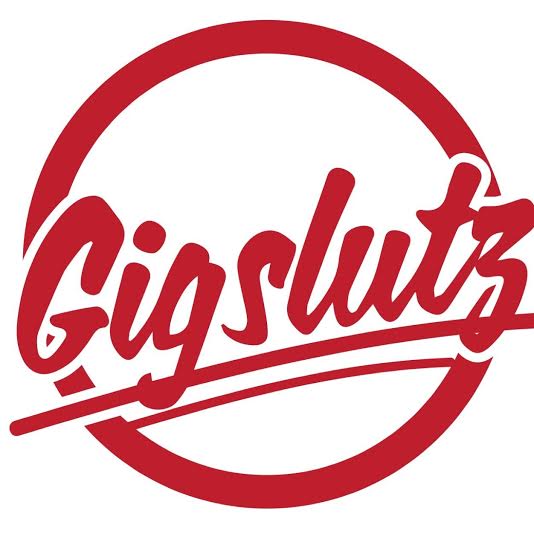Following its successful launch in the U.S, Spotify has elected to roll out its Music + Talk format worldwide. The service brings together songs and spoken-word content in a radio-style form of podcasting.
It’s proven a big success in the U.S, as well as Canada, the U.K, Ireland, and Australia, where it’s been available since late last 2020. The format is now live across Europe, Asia, and Latin America.
The Music + Talk format is available to premium and free Spotify subscribers, of which there are now somewhere in the region of 165 million. Those who have the premium set up will hear the entirety of the songs played in this format, while those on the free plan will hear 30-second extracts.
The format is similar to what you might experience in a traditional-style radio show and is open to creators to produce their own shows. Creators who wish to make such shows will need to use the new ‘Music’ tool that offers its full 70 million song catalog, where they can then intersperse the songs that play with informal chat.
Users who then listen to the Music + Talk segments can then also rate the song and share it, or save, as they wish. This is an innovative model for Spotify to branch into, helping it to eat into the podcast-style shows offered by YouTube, albeit without the visual element to partner it.
The move is sure to prove a big success and is evidence of a shift in the business model Spotify currently adopts. Here the need to offer a different type of service to straight-up streaming led to a creation of an amalgam of styles.
This is similar to the way the content production revolution of recent years has led to a marked increase in the use of non-copyrighted music to accompany film and video productions and is evidence of the streaming giant’s desire to diversify.
You can expect the rollout to increase further the reach of the behemoth that is Spotify, and it’s not unlike a similar product offered by Pandora’s Stories, albeit their model involved artists talking in and around their songs as opposed to others using the songs as part of their own shows.
The initial launch led to some teething problems that have since been addressed. It’s now clearer so that the breaks between music and talk are more defined.
It has been used by a number of artists to help add a layer of commentary to their releases, with Tame Impala’s Kevin Parker, who discussed the production of their latest album, The Slow Rush, by expanding on the process of making the album alongside the tracks themselves.
In many ways, in this format, it’s not unlike the way a release of a film would offer a cast commentary, and now the push is for regular users to produce overall shows with music interspersed within the dialogue.
This will help Spotify to sneak into the podcasting market, albeit in a very linear fashion; they’ve done so in such a way that still keeps the music as the core part of their business; after all, that’s what pays the bills.
Spotify has proven a massive hit over the past 18 months, making the most of the fact that most of us were stuck indoors during the coronavirus pandemic. Their number of subscribers rose from 138 million in the first quarter of 2020 to 165 a year later.
The platform was founded in 2006 and is the undisputed leader in its field, despite strong competition from the likes of Apple Music, Amazon Prime Music, and Pandora.
Spotify’s move into the podcast space is seen as a challenge to YouTube and has seen the streaming giant pay massive sums to entice big names to their service.
In May 2020, Joe Rogan moved to Spotify in a deal said to be worth $100m. Rogan’s podcast, believed to be one of the most popular worldwide, is now exclusively hosted by the service and was a deal that turned heads.
Rogan stated of the deal;
“It will remain free, and it will be the exact same show; it’s just a licensing deal so that Spotify won’t have any creative control over the show.
“They want me just to continue doing it the way I’m doing it right now.
“I’m excited to have the support of the largest audio platform in the world, and I hope you folks are there when we make the switch!”
The podcast industry is said to be worth an astounding $10 billion, and as such, it makes sense that Spotify would try to angle its way into a market that is easily implemented into its interface and business model.
Spotify has also completed deals with a host of other celebrities, including Barack Obama, Prince Harry, and Meghan Markle, and such moves, though initially expensive, are clearly an effortless stepping stone to domination in another arm of the audio market.






